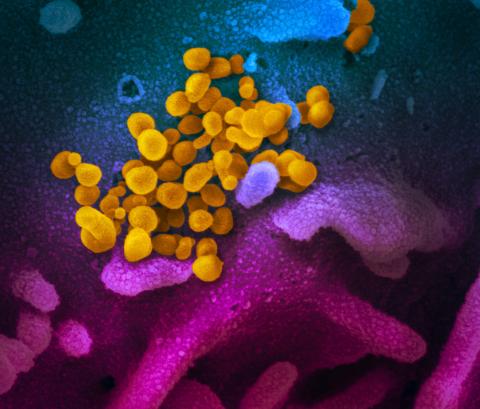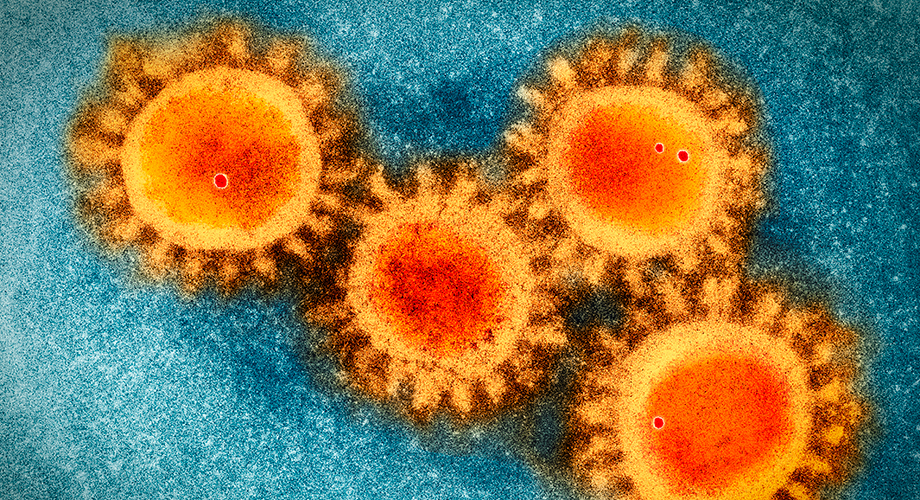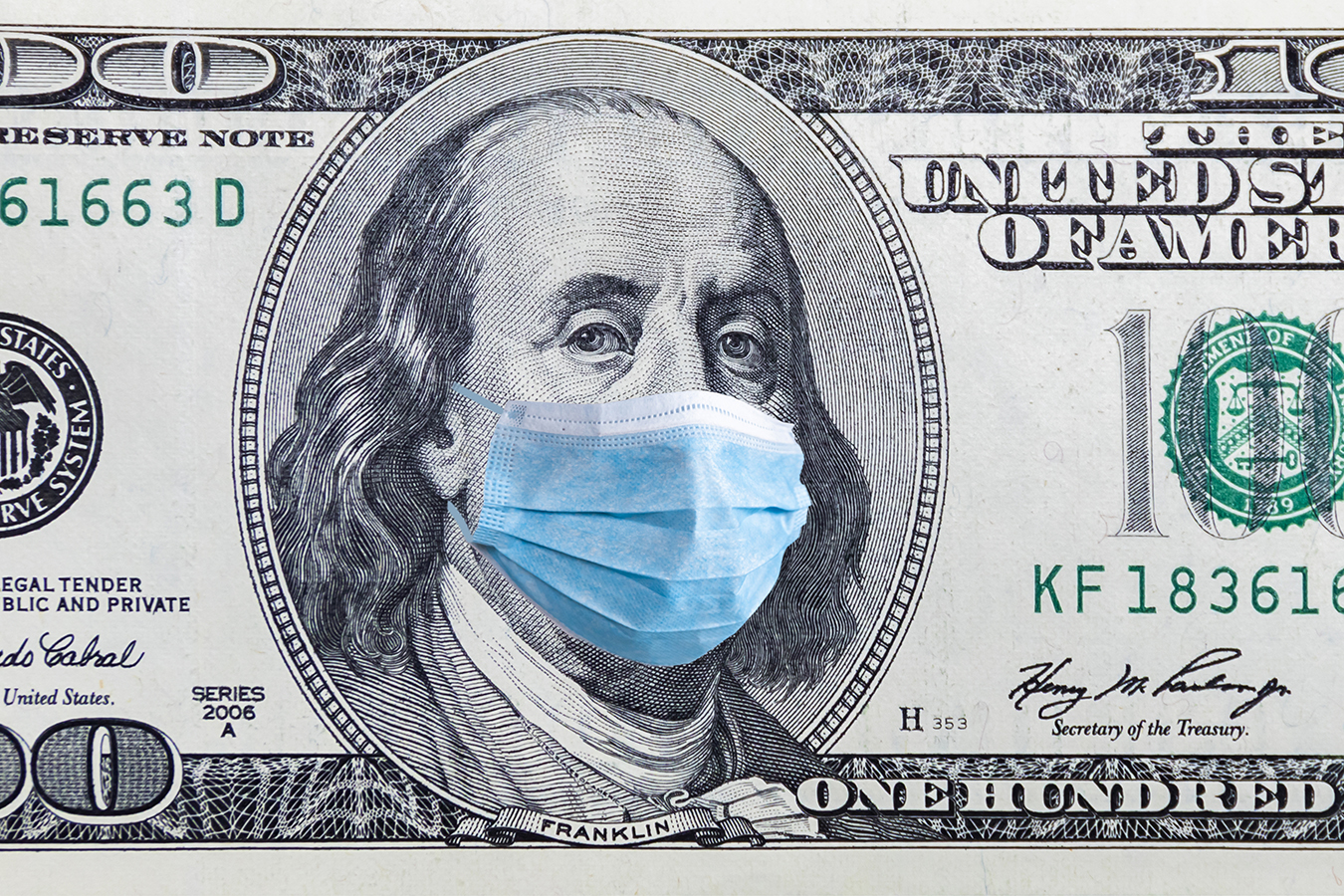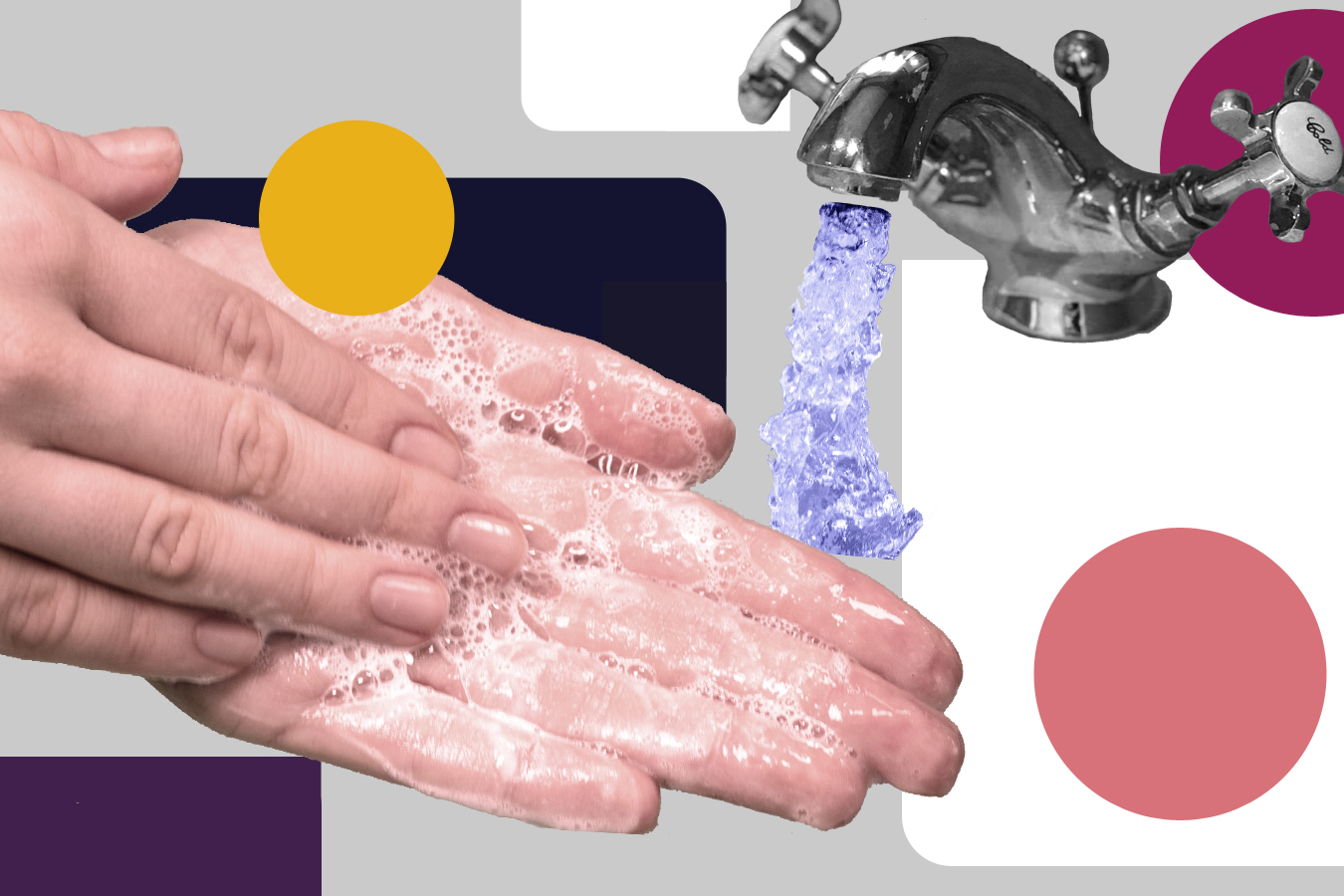For decades, public health officials have directed the containment of emerging pandemics – perhaps most notably – the worldwide eradication of smallpox starting in the early to mid-1960s. Since then, surveillance systems have increased in number and sophistication with advances in data collection, analysis, and communication. From influenza to smallpox, the establishment of systematic reporting...
Health
COVID-19: The Immune System Can Fight Back
Melbourne researchers have mapped immune responses from one of Australia’s first novel coronavirus (COVID-19) patients, showing the body’s ability to fight the virus and recover from the infection. Researchers at the Peter Doherty Institute for Infection and Immunity (Doherty Institute) – a joint venture between the University of Melbourne and the Royal Melbourne hospital –...
Ships, Planes, Trains, Scooters All Need A Virus Wipe. But What Does A ‘Deep Clean’ Mean?
The Diamond Princess cruise ship. A Georgetown church in Washington, D.C. A Latin American restaurant in Raleigh, North Carolina. A hotel in Oklahoma City. Two Broadway theaters in New York City. All announced that they’ve undergone a “deep clean” in recent weeks after discovering that a person infected with the novel coronavirus had been there....
Kaiser Permanente Launches First Coronavirus Vaccine Trial
NIH-funded trial of Moderna mRNA vaccine is first of any for COVID-19 On March 16, 2020, Kaiser Permanente Washington Health Research Institute (KPWHRI) gave the first-ever injection of an investigational vaccine for the 2019 novel coronavirus, SARS-CoV-2, to 4 volunteers participating in a phase I federally sponsored clinical trial. To date, no other trial has been launched...
New Coronavirus Stable for Hours on Surfaces
The virus that causes coronavirus disease 2019 (COVID-19) is stable for several hours to days in aerosols and on surfaces, according to a new study from National Institutes of Health, CDC, UCLA and Princeton University scientists The New England Journal of Medicine. The scientists found that severe acute respiratory syndrome coronavirus 2 (SARS-CoV-2) was detectable in...
Life Expectancy Crisis in the USA: the Opioid Crisis Is Not the Decisive Factor
Life expectancy in the USA is no longer rising. This stagnation has long been largely attributed to increasing numbers of drug deaths due to the opioid crisis. But Mikko Myrskylä and colleagues have now shown that deaths due to cardiovascular diseases are in fact having a much larger impact on life expectancy. Over each decade...
The COVID-19 Coronavirus Epidemic Has a Natural Origin, Scientists Say
The novel SARS-CoV-2 coronavirus that emerged in the city of Wuhan, China, last year and has since caused a large scale COVID-19 epidemic and spread to more than 70 other countries is the product of natural evolution, according to findings published in the journal Nature Medicine. The analysis of public genome sequence data from SARS-CoV-2...
Heart Association Puts Halt To Bayer’s Giant Displays Of Baby Aspirin
The large red-and-white bins at Walmart pharmacies across the country read, in bold all-caps type: “Approximately every 40 seconds an American will have a heart attack.” Inside the 3-foot-tall cartons, adorned with the American Heart Association and Bayer logos, were dozens of boxes of low-dose Bayer aspirin. The implication was that everyone could reduce their...
If Coronavirus Keeps Me Home from Work, Will I Get Paid?
As the novel coronavirus continues to march across the country, for many workers getting sick is only part of what worries them. What about getting paid if they are ill or have to be quarantined? Congressional Democrats are pushing for legislation that would provide paid leave for those who are not being compensated while out...
How To Avoid Coronavirus? Lessons From People Whose Lives Depend On It
Andrea Amelse knows hand-washing. For the past eight years, she’s been washing her hands pretty much every time she passes a sink. When she’s near a bottle of antibacterial gel, she uses it. She makes a point of avoiding people with contagious illnesses, even though it can be uncomfortable to ask to work from home...










